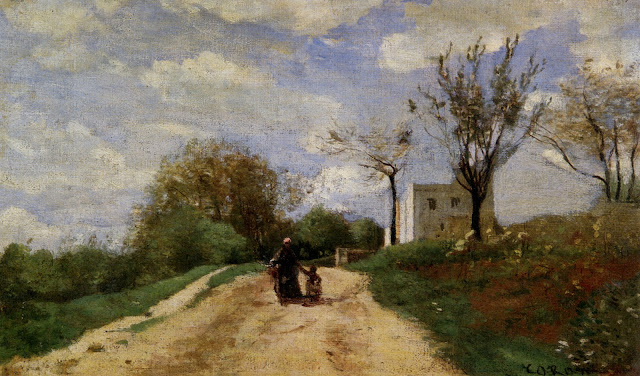Between Midnight and Dawn: A Literary Guide to Prayer for Lent, Holy Week, and Eastertide is a rich and beautiful resource compiled by Sarah Arthur and published by Paraclete Press in 2016.
This exceptional anthology includes selections from classic and contemporary literature by writers as diverse as Fyodor Dostoevsky, Charles Dickens, G.K. Chesterton, George Eliot, Wendell Berry, Luci Shaw and Frederick Buechner.
The book is divided into twenty-one sections that takes the reader from the beginning of Lent through to the end of the seventh week after Easter.
Each section has a theme and begins with an opening prayer, often taken from classic poetry. A Psalm, suggested Scriptures, five to seven literary readings, and opportunities for reflection are also included. The literary selections and the guide on their own would be a treasure, however, Sarah Arthur also has an introductory section that explains how to engage prayerfully with fiction and poetry using the practice of lectio divina (divine reading). While recognising that literary readings are not the words of Scripture, the basic principles, lectio, meditatio, oration and contemplation can be applied to novels and poetry.
There is also a 'For Further Reading' section at the end of the book with a list of fiction and poetry for the reader to further explore the themes contained in this compilation.
Lenten sorrow makes way for Easter joy, and nothing - nothing - will quench the dawn.
And its the same shift that happens when the soul, alone in grief or guilt or illness or isolation, finds company in the life-giving words of another. During the midnight hours we shelter our guttering faith, and by its light we read poetry and prose that transcend centuries, hemispheres. Words from poets whose battles with God do not lead to victory but to a kind of grumpy determination. Stories from novelists who have tumbled into the abyss of their own undoing - of everyone's undoing - and found Someone there already, holding the bottom rung of the rescue ladder. Raise your eyes, these voices say. Look to the east. Do you not see it? There. The dawn.
And its the same shift that happens when the soul, alone in grief or guilt or illness or isolation, finds company in the life-giving words of another. During the midnight hours we shelter our guttering faith, and by its light we read poetry and prose that transcend centuries, hemispheres. Words from poets whose battles with God do not lead to victory but to a kind of grumpy determination. Stories from novelists who have tumbled into the abyss of their own undoing - of everyone's undoing - and found Someone there already, holding the bottom rung of the rescue ladder. Raise your eyes, these voices say. Look to the east. Do you not see it? There. The dawn.
These poets and novelists remind us that the sunrise is undeserved, but
here we are. Our battles are ongoing but just skirmishes, really, the
last desperate attempts of the losing side to go down fighting. The war
itself is over.
A long-time friend of mine was recently diagnosed with breast cancer and is scheduled to have surgery in the coming week. On Ash Wednesday I read this poem in Between Midnight and Dawn and it pierced my heart:
Ash Wednesday by Anna Silver (Anglo-American, contemporary)
How comforting, the smudge on each forehead:
I'm not to be singled out after all
From dust you came. To dust you will return.
My mastectomy, a memento mori, *
prosthesis smooth as a polished skull.
I like the solidarity of this prayer,
the ointment thumbed into my forehead,
my knees pressing hard on the velvet rail.
If God won't give me His body to clutch,
I'll grind this soot into my skin instead.
If I can't hold the flame that burned my breast,
I'll char my brow; I'll blacken my pores; I'll flaunt
with ash this flaw in His creation.
* Latin for a reminder that we will die
I was given a free copy of this book for review purposes and I have given my honest opinion - i.e. I wholeheartedly recommend it!
Sarah Arthur is the author, compiler, or co-author of eleven books and is a graduate of Wheaton College and Duke Divinity School and blogs here.
Paraclete Press have also just launched their e-subscriptions and have other resources for Lent and Easter.









